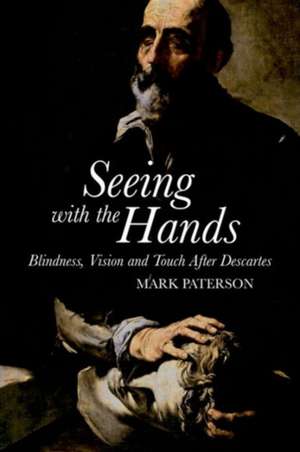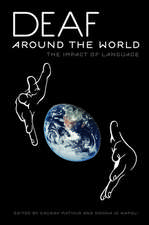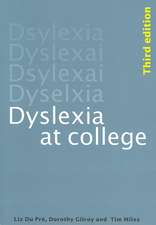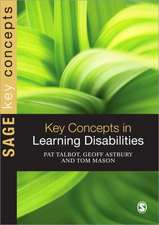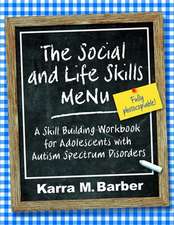Seeing with the Hands: Blindness, Vision and Touch After Descartes
Autor Mark (University of the West of EnglandBristol Patersonen Limba Engleză Hardback – 27 feb 2016
As this book shows, much interest in the philosophy and psychology of blindness was prompted by the so-called 'Molyneux Question' which Irish scientist Molyneux asked of English philosopher Locke in 1688. The question concerns 'sensory substitution', the translation between vision and touch, which would effect practical outcomes for the blind, including the development of Braille, the first school for the blind in Paris, and even present day Tactile-Visual Sensory Substitution (TVSS) technologies. Through an unfolding historical, philosophical, and literary narrative that encompasses Locke, Molyneux, and Berkeley in Britain, and Diderot, Voltaire, and Buffon in France, this book explores how the Molyneux Question and its aftermath has influenced attitudes towards blindness by the sighted, and technologies for the blind and vision impaired, to this day.
Preț: 614.25 lei
Preț vechi: 749.09 lei
-18% Nou
Puncte Express: 921
Preț estimativ în valută:
117.55€ • 122.27$ • 97.05£
117.55€ • 122.27$ • 97.05£
Carte tipărită la comandă
Livrare economică 14-28 aprilie
Preluare comenzi: 021 569.72.76
Specificații
ISBN-13: 9781474405317
ISBN-10: 1474405312
Pagini: 224
Dimensiuni: 157 x 239 x 23 mm
Greutate: 0.57 kg
Editura: EDINBURGH UNIVERSITY PRESS
ISBN-10: 1474405312
Pagini: 224
Dimensiuni: 157 x 239 x 23 mm
Greutate: 0.57 kg
Editura: EDINBURGH UNIVERSITY PRESS
